Publications
Articles, publications, books, tools and multimedia features from the U.S. Institute of Peace provide the latest news, analysis, research findings, practitioner guides and reports, all related to the conflict zones and issues that are at the center of the Institute’s work to prevent and reduce violent conflict.

Lucy Kurtzer-Ellenbogen on the Latest with the Israeli-Palestinian Conflict
As Israel appears headed for another election, the U.S. has reversed its long-standing position on the legality of Israeli settlements. The decision, according to USIP’s Lucy Kurtzer-Ellenbogen, “comes after a long stream of events that’s made the possibility of bringing the parties back to the table extremely hard to imagine.”
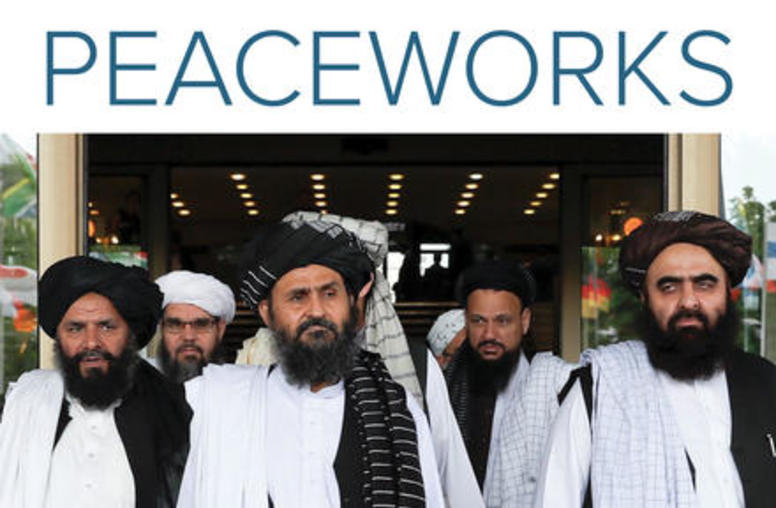
Insurgent Bureaucracy: How the Taliban Makes Policy
The system of shadow Taliban governance and the experiences of civilians subject to it are well documented. The policies that guide this governance and the factors that contribute to them, however, are not. This report examines how the Taliban make and implement policy. Based on more than a hundred interviews and previously unreleased Taliban documents, this report offers rare insight into Taliban decision-making processes and the factors that influence them.
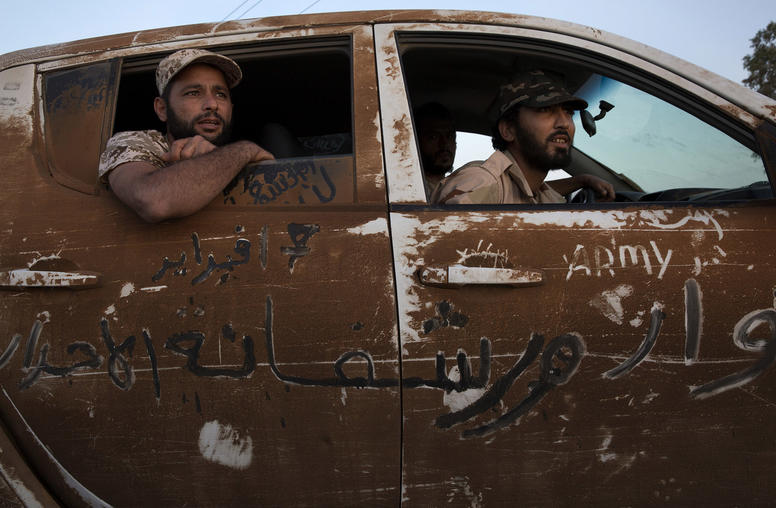
In Libya, Peace is Possible if Foreign Interference Ends
If foreign powers ceased their involvement in Libya, the country’s protracted civil war could come quickly to an end, said Mohamed Syala, the foreign minister of the Government of National (GNA), in an interview with the U.S. Institute of Peace. The role of outside powers in Libya’s conflict has garnered renewed international attention in recent weeks as Russia has ramped up its support for Field Marshall Khalifa Haftar’s forces.
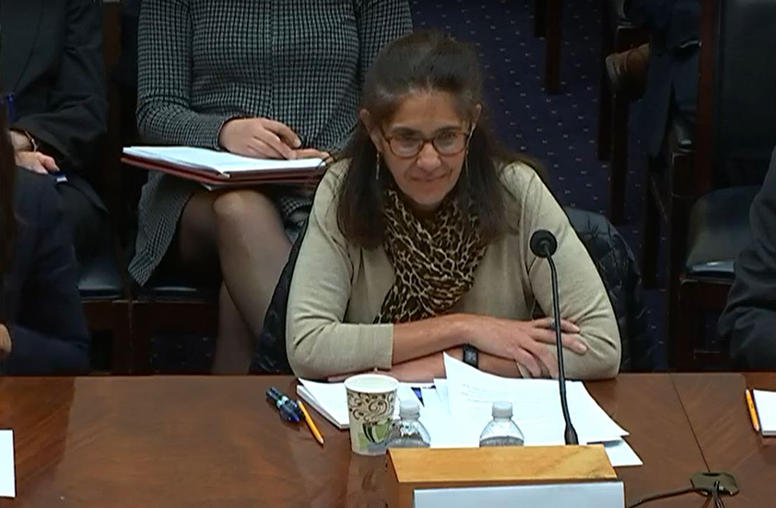
What’s Next for Lebanon? Examining the Implications of Current Protests
Mona Yacoubian, senior advisor for Syria, Middle East and North Africa, testified on November 19 at the House Foreign Affairs Subcommittee on Middle East, North Africa, and International Terrorism's hearing on “What’s Next for Lebanon? Examining the Implications of Current Protests.” Her expert testimony as prepared is presented below.
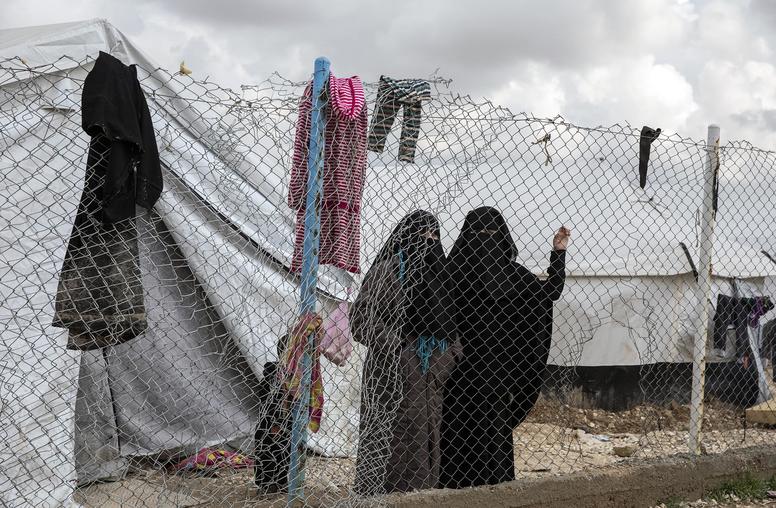
What Policymakers Can Learn About Gender from Terrorists
The road to violent extremism is neither simple nor predictable, with diverse motivations and discrete, individual paths. No singular profile accurately describes all those who decide to join. Millions of people may experience similar situations and live in similar contexts but never join an extremist group, while some people will join who would we would not deem at risk. This makes preventing and countering violent extremism exceptionally difficult. It’s an even more intractable task when gender is an afterthought, or worse, gender is used to justify over-simplified, one-size-fits-all approaches.
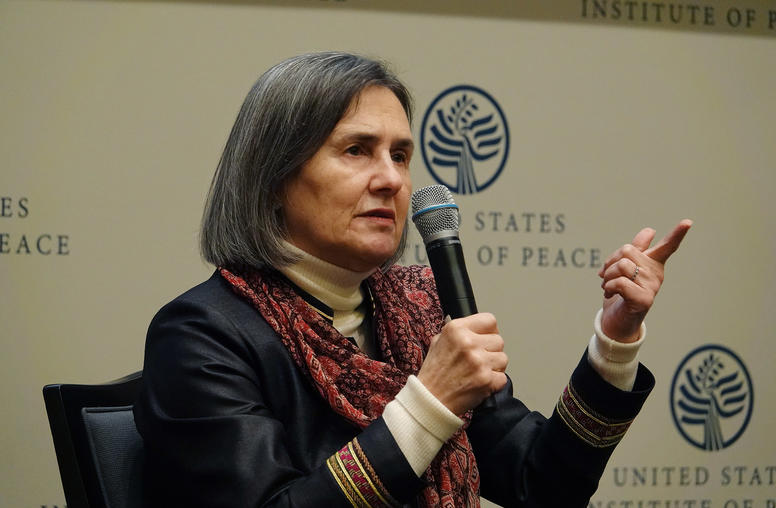
First Lady Rula Ghani on Afghan Women’s Consensus
As Afghans, the United States and the international community seek an end to the war in Afghanistan, the country’s first lady, Rula Ghani, says thousands of Afghan women nationwide have expressed a clear consensus on two points. They insist that the war needs to end, and that the peace to follow must continue to build opportunities for women. The single greatest step to advance Afghan women’s cause is education and training to build their professional capacities, Ghani told an audience at USIP.

Scott Smith on What’s Next in the Afghan Peace Process
The Afghan government and Taliban announced an agreement on a prisoner exchange this week, but it remains unclear what comes next. With the presidential election still undecided, “The question is if this is the beginning of a new peace strategy on the part of President Ghani, will he be the president a few months from now to carry that strategy forward?” asks USIP’s Scott Smith.
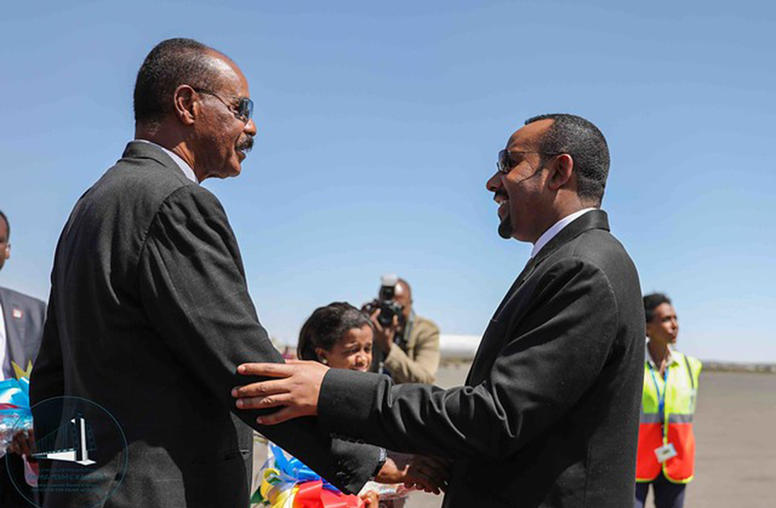
Nobel Laureate Abiy Ahmed’s Next Peacebuilding Project Should be at Home
Ethiopian Prime Minister Abiy Ahmed has remained in the news in the weeks following his 2019 Nobel Peace Prize—but not for the reasons you’d expect. An estimated 86 people have died in violence sparked by an alleged assassination attempt against a prominent political opposition leader. This tragedy is symptomatic of Ethiopia’s fragile transition and demonstrates the urgency for Dr. Abiy to focus his energies at home to deliver a peaceful transition for the 105 million Ethiopians counting on his leadership.
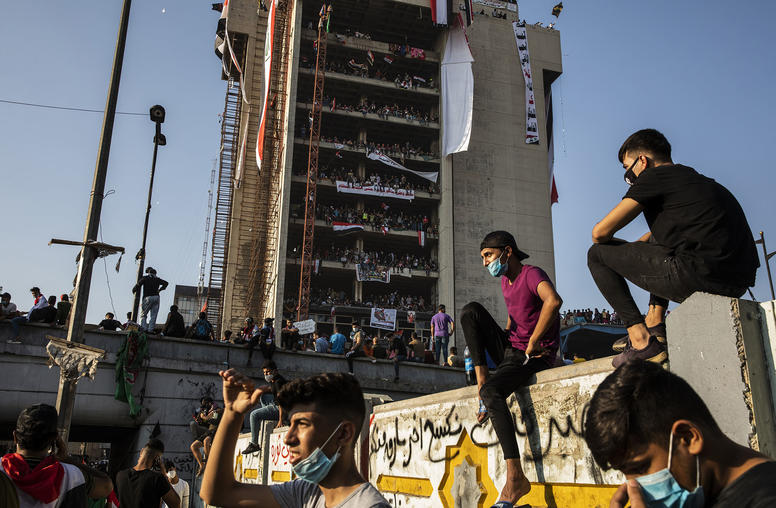
As Protests Continue in the Street, Iraq Reaches a Crossroads
Tens of thousands of Iraqis have been protesting in Baghdad and southern provinces against the failure of the Iraqi government and the political class in delivering basic services, providing jobs, fighting corruption, and more. Iraqi security forces and armed groups reportedly linked to Iran have used lethal force in response to the protests, leaving over 260 dead and over 10,000 injured. As the protests have progressed, demands have expanded to include calls for regime change, the resignation of Prime Minister Adel Abdul Mahdi, early elections, pushing back against Iranian influence, and accountability for killing peaceful protesters.
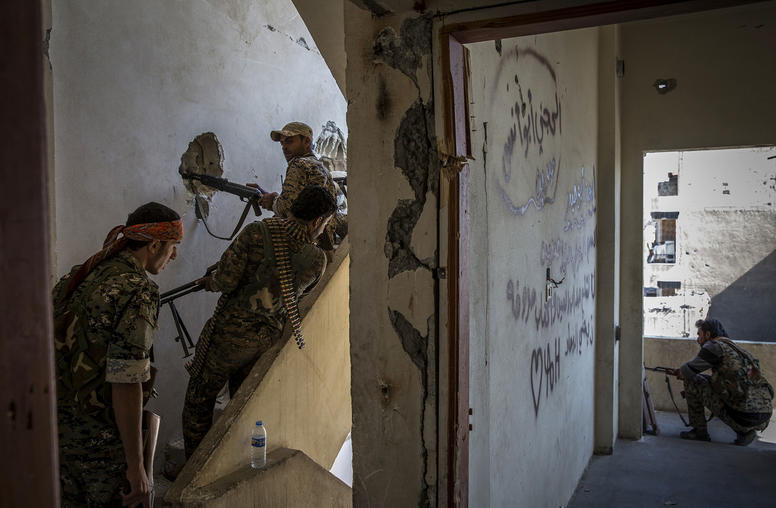
A Month After U.S. Withdrawal, What is the State of Play in Syria?
In the month since President Trump’s October 6 phone call with Turkish President Erdogan and the announced U.S. withdrawal from northeast Syria, the picture on the ground has changed immensely. Moscow has emerged as the key power broker in Syria. The Kurds, looking for protection from Turkish forces, are in Russian-brokered talks with the Assad government. These discussions could pave the way for an expanded Syrian government presence in the northeast for the first time in years. Successive agreements with Turkey negotiated first by the United States (October 17) and then by Russia (October 22) to halt Ankara’s fighting with the Kurds have been marred by violations.